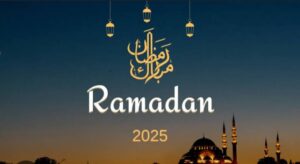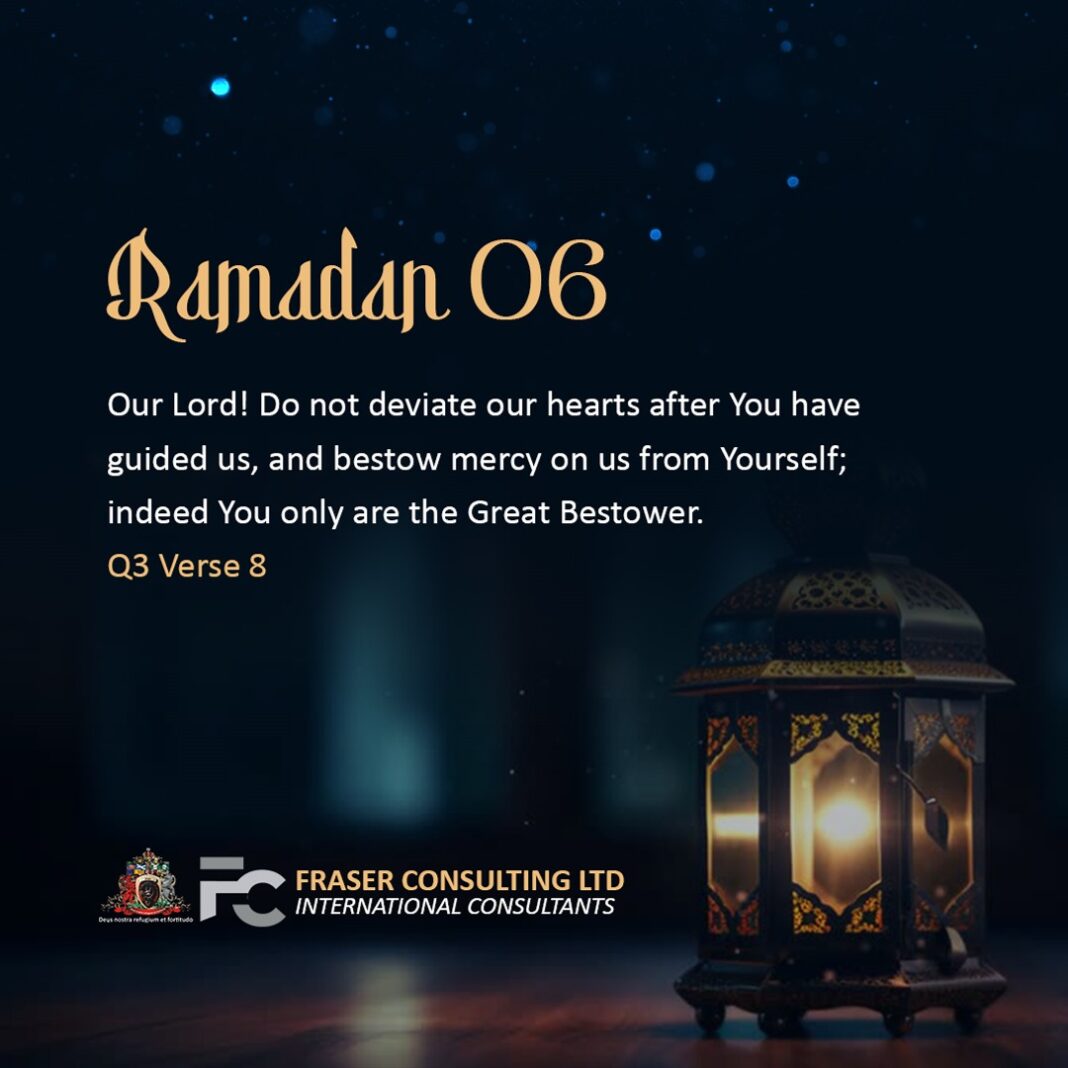Ramadhan 1446AH Nuggets
Don’t Miss the Sahur (Pre-dawn Meal)
Narrated Abdullah ibn al-Harith:
A man among the companions entered upon the Prophet (ﷺ) while he was eating the pre-fasting meal. The Prophet (ﷺ) said, “ Verily, it is a blessing that Allah has given you, so do not abandon it.”
عَنْ عَبْد اللَّهِ بْن الْحَارِثِ عَنْ رَجُلٍ مِنْ أَصْحَابِ النَّبِيِّ صَلَّى اللَّهُ عَلَيْهِ وَسَلَّمَ قَالَ دَخَلْتُ عَلَى النَّبِيِّ صَلَّى اللَّهُ عَلَيْهِ وَسَلَّمَ وَهُوَ يَتَسَحَّرُ فَقَالَ إِنَّهَا بَرَكَةٌ أَعْطَاكُمْ اللَّهُ إِيَّاهَا فَلَا تَدَعُوهُ
2162 سنن النسائي كتاب الصيام فضل السحور
Sunan al-Nasā’ī 2162, Sahih (authentic) according to Al-Albani
Also,
‘Amr bin Al-‘As (May Allah be pleased with him) narrated:
The Messenger of Allah (ﷺ) said, ” The difference between our observance of Saum (fasting) and that of the people of the Scriptures is Sahur (predawn meal in Ramadhan).”
Sahih Muslim
NOTES 📝
1. The sahur is indeed one of the symbols of Islam and a favor of Allah on the Muslims as it is a means of ease of worship (‘Ibaadah). It allows the fasting Muslim to have enough strength to make the fast light and fulfill the promise of Allah when He says, … Allah intends for you ease, and He does not want to make things difficult for you) – Surah al-Baqarah (2) vs 286
2. From the blessings of Sahur is that it differentiates between the fasting of the Muslims and non-Muslims e.g. Jews and Christians. For this, the Prophet (ﷺ) clarified the difference between our fast and the fast of the People of the Book was eating the pre-dawn meal. – Sharh ‘Riyaadus Saaliheen’ Shaykh ibn al-’Uthaymeen
3. A fasting Muslim should therefore be pleased that s/ he worships Allah, the Lord of Incomparable Mercy, and not feel inferior when non-Muslims try to downplay the value of the Muslim fast. Need less to say that the Muslim fasts goes beyond refraining from eating and drinking at the specified time but also including, but not limited to, refraining from all obscenities, idle talk, sexual intercourse with legal wife/ husband, etc. In summary, it is a training to abide by all that Allah has commanded and refrain from His prohibitions, and that is the ultimate goal, to have Taqwah.
O Allah, aid us in becoming righteous, grant us Taqwa so that we may do abundant good deeds during the month of Ramadhan and beyond … Ãmeen
On the sixth day of Ramadan, believers are encouraged to reflect upon the following Quranic verse:
Surah Al-Baqarah (2:45-46):
“And seek help through patience and prayer, and indeed, it is difficult except for the humbly submissive [to Allah] who are certain that they will meet their Lord and that they will return to Him.”
This verse emphasizes the importance of patience and prayer as means of seeking Allah’s assistance, highlighting that such practices are challenging except for those who are truly devoted and conscious of their eventual return to their Creator.
Dr. Amiida
Headlinenews.news

On the sixth day of Ramadan, Muslims may reflect upon the following supplication (dua):
Arabic:
اللَّهُمَّ اهْدِنِي لِأَحْسَنِ الْأَعْمَالِ وَأَحْسَنِ الْأَخْلَاقِ لَا يَهْدِي لِأَحْسَنِهَا إِلَّا أَنْتَ وَقِنِي سَيِّئَ الْأَعْمَالِ وَسَيِّئَ الْأَخْلَاقِ لَا يَقِي سَيِّئَهَا إِلَّا أَنْتَ
Transliteration:
“Allahumma ahdini li ahsanil-a’maal wa ahsanil-akhlaaq, la yahdii li ahsanihaa illa anta wa qini sayyi’al-a’maal wa sayyi’al-akhlaaq, la yaqi sayyi’aha illa anta.”
Translation:
“O Allah, guide me to the best of deeds and the best of manners, for none can guide to the best of them but You. And protect me from bad deeds and bad manners, for none can protect against them but You.”
This dua emphasizes seeking Allah’s guidance toward virtuous actions and noble character while seeking protection from misconduct and ill manners.
Additionally, a pertinent Hadith to contemplate on this day is:
“The best of you is the one who has the best character.”
A recommended good deed for today is to treat your family members—such as parents, spouse, children, and siblings—with gentleness and kindness. Assist them with their needs and supplicate to Allah for their forgiveness, mercy, and entry into Jannatul Firdaus (the highest paradise).
For Quranic recitation, it is suggested to read from Surah An-Nisa’ (Chapter 4), verse 148, to Surah Al-Ma’idah (Chapter 5), verse 81.
Engaging in these practices on the sixth day of Ramadan can enhance one’s spiritual journey and strengthen the connection with Allah.
Dr. Amiida
Fraser Consulting
Headlinenews.news




